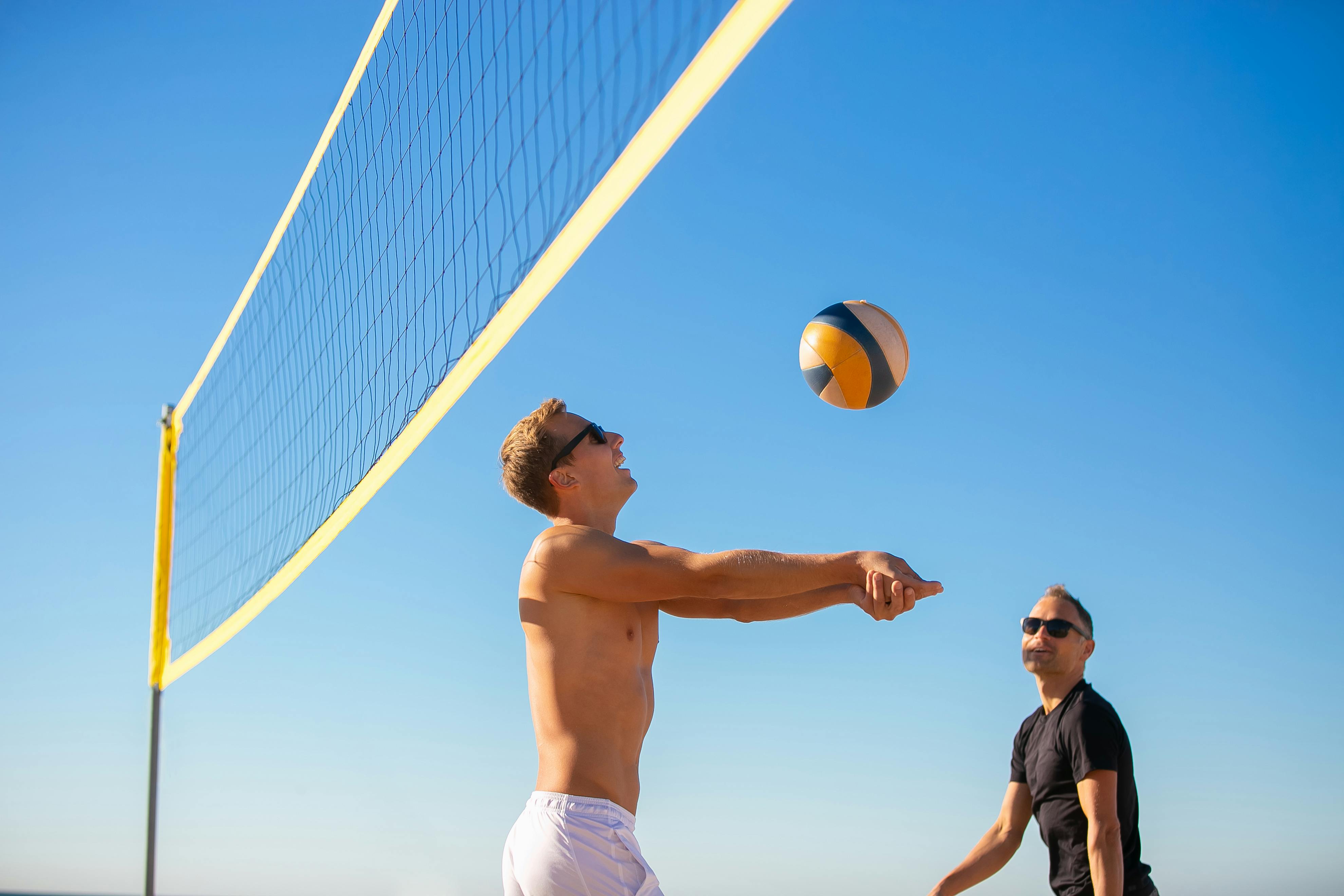
The impostor syndrome: the effect of self-doubt and self-esteem on athletes
admin
- 0
As a fighter, coach, and official to many US world champion kickboxing and karate teams, I can assure you that impostor syndrome is alive and well in the world of sports. A great example was in the last fighter 5 when Joe Scarola, a student of trainer Matt Serra quit with seconds to go in their first fight. Serra was yelling at Scarola to hold on for a few more seconds when Scarola’s energy ran out. Serra, who has known and worked with Scarola since he was a child, said, “I just didn’t want to be here.”
That, in my experience, is classic impostor syndrome at work. They are athletes who are more interested in not looking bad than winning.
Sports psychology studies show that athletes who expect to win do so more than those who don’t. That may seem obvious, but many athletes reading this recognize the depth of this truism.
Athletes committed to winning want to win and hate to lose. When they win, they will tell you why and how. When they lose, they will first imply that they were injured, distracted or that the referee failed. This is usually followed by a standard media response such as “We’ll have to regroup…” or something generic if it’s an interview. Your self-esteem is built on a foundation of high performance and excellence.
Athletes who are not committed to winning do the opposite. When they win, they’ll say something like, “I was lucky today…” or “It really could have gone either way…”. to give it all they have and still lose. If they take too much credit for victory, they fear that they will be expected to keep winning.
If they lose, they’ll say something like “I just enjoy the challenge…” or “I’m glad I’m here…”.
Clearly, not all athletes fall at either end of the spectrum in these examples. But this discussion concerns high caliber amateur and professional athletes with more at stake in competition than the average weekend warrior.
The difference between winning and losing can literally be “through the nose”, but the difference in rewards can be huge.
Part of preparing for competition is conditioning the mind to accept and embrace the pain the athlete may have to endure to win. A good coach also works on mental preparation to help athletes understand that this feeling of doubt or faking is common. Studies show that up to 70% of the population is affected by impostor syndrome and that includes athletes.
In fact, many of us, myself included, start a sport to help us gain some confidence and overcome self-doubt. Coaches and teachers would do well if their athletes recognized that and let them know that every great champion has second thoughts.
Muhammad Ali said before every fight that he would stand in the locker room bathroom trying to urinate, but he would get so nervous he never could. In his book, This is going to hurtTito Ortiz says he cries before every fight. All great champions have doubts.
We need to let our athletes know that it’s okay to have doubts and then present them with strategies to overcome them.

